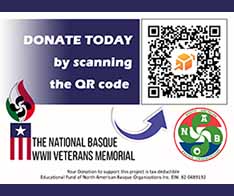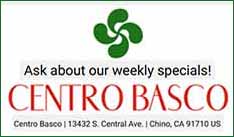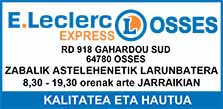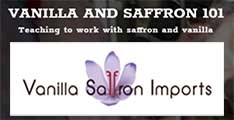Nicholas Derenzo. With their own unique traditions and a singular language unrelated to neighboring tongues, the Basques have lived for millennia along what is now the French-Spanish border. But you don’t have to travel to Basque Country to experience their food, festivals or famously fun-loving spirit. They started arriving in the American West in the mid 19th century to hunt for gold, later embracing their roots as shepherds, tending to sprawling flocks in the Idaho mountains.
Today, the Gem State is home to some 16,000 Basque Americans, mainly centered in downtown Boise’s Basque Block, a neighborhood of former shepherd boarding houses that are now markets, museums and taverns slinging kalimotxo, a Basque drink from the Spanish side of the homeland made with red wine and Coke on ice. “Never use good wine,” says Annie Gavica, executive director of The Basque Museum and Cultural Center. “The cheaper the better.”
In addition to sampling the lamb-heavy cuisine, Gavica says that visitors can engage with the culture by watching pelota (a racket-based sport), playing traditional card games like Mus or Brisca, and dancing in the street during July’s San Inazio festival. “We have to choose each day to be part of [the Basque community], because primarily we are all Americans first,” she says. “So there is an intentional effort and, with that, more pride.”
Leku Ona
Following in the footsteps of generations before him, Jose Mari Artiach moved here from Spain to herd sheep, before eventually opening this restaurant and adjoining hotel in 2005. The menu offers inventive takes on regional classics, such as croquetas with romesco sauce, fennel kimchi and Espelette pepper. boisebasquefood.com
The Basque Market
Think of this grocery store and cooking school as some Basque village’s butcher, baker and wine merchant all rolled into one. Stop by for staples like chorizo bocadillos (sandwiches), pimientos verdes (green peppers) and take-and-bake cod croquetas. On Wednesdays and Fridays at noon, the market attracts passersby with giant pans of paella cooking on the patio. thebasquemarket.com
Basque Museum and Cultural Center
Set in an 1864 brick cottage, the museum offers a glimpse into the immigrant experience through artifacts like an authentic sheep wagon and an exhibit on arborglyphs, or tree carvings. The center hosts the only Basque-language immersion preschool outside of Europe, to help keep this ancient language alive. basquemuseum.eus
Bar Gernika
Named for Boise’s sister city—made famous by Picasso’s painting of its 1937 bombing by the Nazis—this unassuming tavern is a great place to kick back with a locally cured chorizo, rich lamb stew and kalimotxo.bargernika.com
Basque Center
At this 70-year-old community center, locals can learn folk dancing or how to play traditional instruments like the triki-trixa (similar to an accordion) or pandereta (like a tambourine). The venue also hosts card tournaments, mortzilla (blood sausage) dinners and the San Inazio festival, named for the Basques’ patron saint. basquecenter.com



 Enviar a un amigo
Enviar a un amigo Añadir comentario
Añadir comentario








